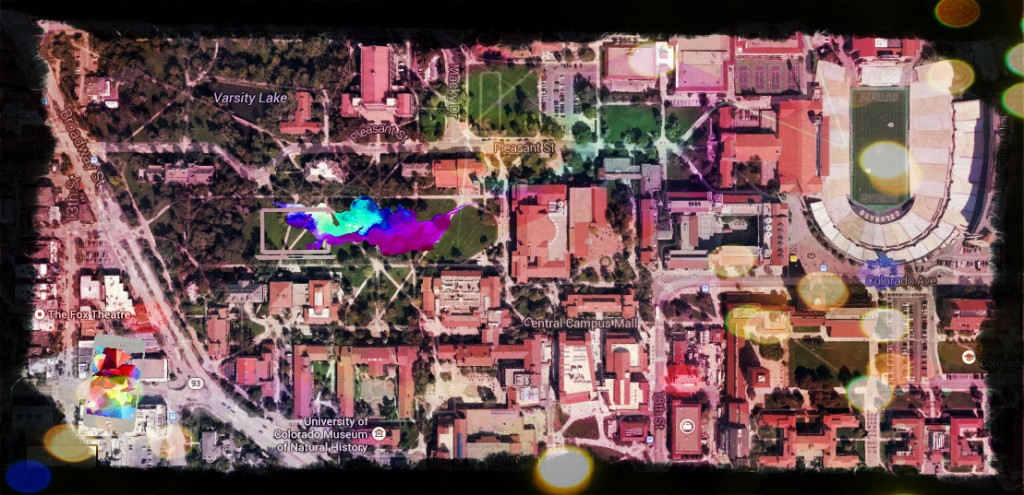Stage III Assemblage Testimony
Project: “MemeMorial”
Participatory Assemblage — Network Oracle
F 12-Dec Studio Project Workshop — Works-in-Progress
- Due project in-progress:
site re-formatted; assemblage testimonal composed (10–20 entries + tags); emblem draft (sketch or collage images)
- Activity: peer feedback (digital rhetoric: arrangement/organization) & tech support
— discuss: multimodal composing (narrative, information, expression) + effects; working in Electracy;
design software + techniques
- e.g. Pixlr for emblem collage & editing images (in testimonial)
— other media uses? (audio/video?) * custom GIFs: applications
- Brainstorm/Discuss: remaining components (emblem, peripheral, oracle interface); participatory poetics for MemeMorial (“public pedagogy”?) & network rhetoric
— on-going discussion: Q&A before/during/after class in comments
» Due (S 13-Dec) Project 3
- Sections: Emblem, Testimonial, Peripheral, Materials (page)
— Poetics & Reflection pages due S 14-Dec (see prompts)
“The MEmorial shows us not our fate, but our situation. The Internet is a living monument. The EmerAgency offers a practice for a virtual civic sphere that does for the imagination what statistics does for the intellect.” (Ulmer p.176)
“A goal of electracy”: “to do for the community as a whole what literacy did for the individuals within the community. Could a community go to school collectively? […] The Internet is the place of this scene of instruction,
and the EmerAgency provides the pedagogy for group subjects.” (Electronic Monuments xxvi)
-
“A monument does not commemorate or celebrate something that happened but confides
to the ear of the future the persistent sensations that embody the event:
the constantly renewed suffering of men & women, their re-created protestations, their constantly resumed struggle.”
— Deleuze & Guattari, What is Philosophy? (p. 176)




